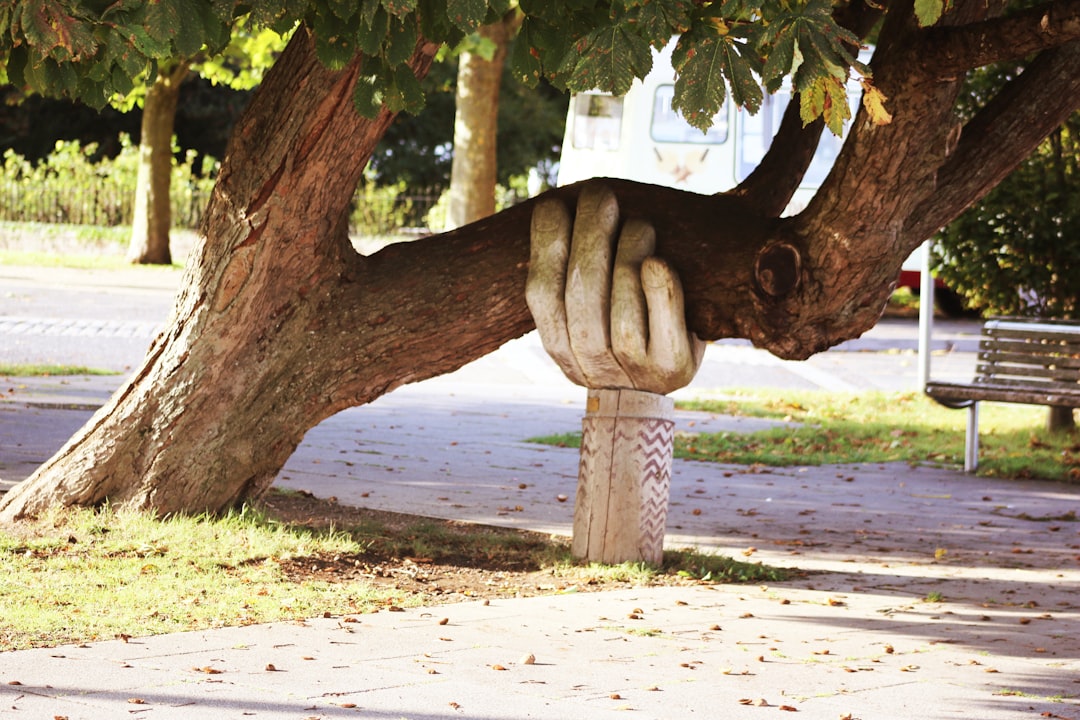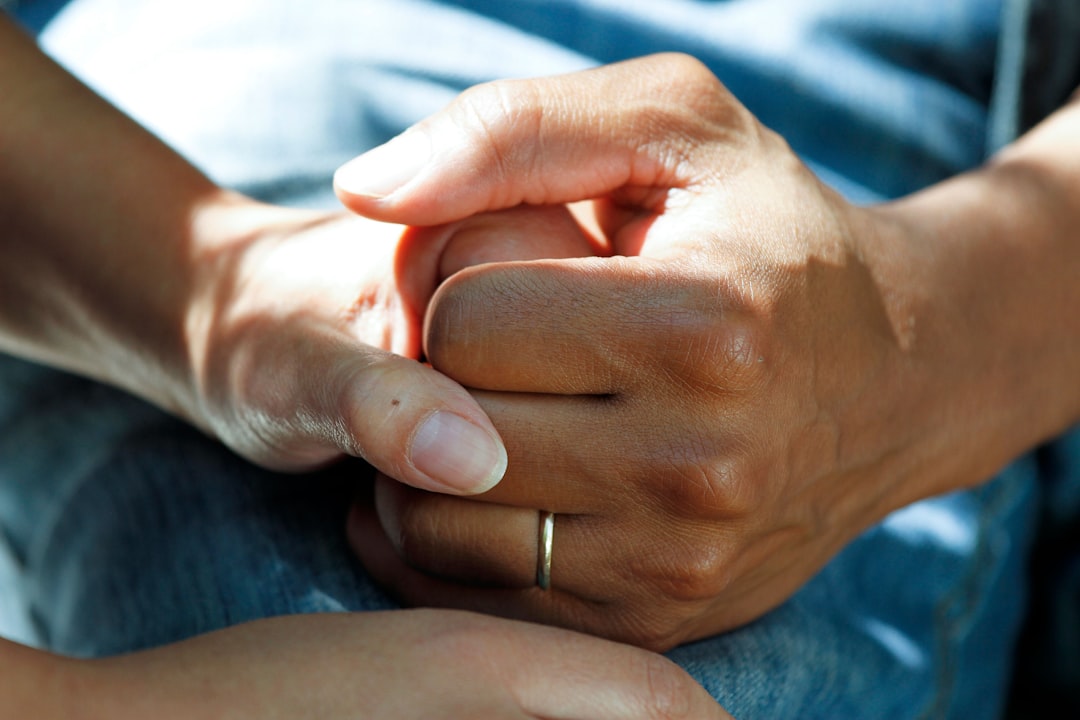Cremation services have gained popularity as an alternative to traditional funerals, offering a modern way to commemorate loved ones. The process involves high-heat vaporization of the deceased's body, resulting in fine remains that can be scattered or incorporated into keepsakes. While cremation is efficient and cost-effective, traditional funerals honor cultural heritage with rituals like gathering and paying respects. Both options have environmental impacts; cremation has high energy consumption, while traditional funerals may involve environmentally harmful practices but are seeing green burial alternatives. The choice should align with personal preferences and emotional well-being, and cremation can be a budget-friendly option compared to traditional funerals.
In today’s evolving societal norms, choosing between cremation services and traditional funerals is a deeply personal decision. This comprehensive guide aims to illuminate the unique aspects of each option, from understanding the rituals involved in traditional funerals to evaluating the environmental impact and cost analysis of cremations. By exploring these factors, individuals can make an informed choice that aligns with their beliefs and preferences.
- Understanding Cremation Services: A Comprehensive Overview
- Traditional Funerals: Rituals and Cultural Significance
- The Environmental Impact of Each Option
- Personal Preferences and Emotional Considerations
- Cost Analysis: Cremation vs. Traditional Funerals
Understanding Cremation Services: A Comprehensive Overview

Cremation services have gained significant popularity as an alternative to traditional funerals, offering a modern approach to memorializing loved ones. This process involves the reduction of a deceased individual’s body to its smallest elements through high heat and vaporization. What sets cremation apart is its efficiency, cost-effectiveness, and flexibility in terms of memory rituals. Unlike traditional burials, cremation allows for a wide range of options, from scattering ashes at a meaningful location to incorporating them into keepsakes or jewelry.
The process begins with the deceased being placed in a cremation container, which is then introduced into a crematory chamber. This chamber uses intense heat, typically reaching temperatures between 1500-2000°F (820-1090°C), to reduce the body to bone fragments and vaporize any remaining fluid. Once completed, these remains are carefully processed and collected, often resulting in a consistent, fine powder resembling sand or tiny bones. This thorough process ensures that no trace of the original body remains, providing a peaceful resolution for families considering cremation services.
Traditional Funerals: Rituals and Cultural Significance

Traditional funerals hold immense ritualistic and cultural significance, serving as a ceremonial farewell for the departed. These ceremonies often involve various customs and practices deeply rooted in different cultures worldwide. From religious rites to symbolic gestures, they provide a structured framework for mourning and remembrance. For instance, many cultures emphasize the importance of gathering family and friends for a funeral service, creating a sense of community support during an emotional time.
Funeral services also play a pivotal role in honoring the life of the deceased, allowing loved ones to share memories, pay their respects, and find solace through shared grief. These traditions offer a tangible way to commemorate the individual’s existence, providing closure and helping to preserve cultural heritage. Many communities have specific funeral practices that have been passed down through generations, ensuring the continuity of these meaningful rituals.
The Environmental Impact of Each Option

Cremation and traditional funerals each carry distinct environmental implications. Cremation, while often seen as a more modern option, has its own significant ecological footprint. The process consumes substantial amounts of energy, primarily in the form of natural gas, contributing to greenhouse gas emissions. Additionally, cremation facilities produce ash and other byproducts that require responsible disposal or incorporation into memorial products, further impacting the environment.
In contrast, traditional funerals can have a lower direct environmental impact. Burial practices often involve embalming chemicals and wooden coffins, both of which can be harmful to the ecosystem. However, green burial options are gaining popularity, offering alternatives such as biodegradable caskets and natural preservation methods that minimize the environmental strain associated with conventional burials. When considering cremation services or traditional funerals, understanding these ecological considerations is crucial for making an informed decision that aligns with personal beliefs while being mindful of the planet’s health.
Personal Preferences and Emotional Considerations

When considering funeral options, personal preferences and emotional considerations play a significant role in making this important decision. Cremation services offer a modern and efficient approach, appealing to those who value simplicity and cost-effectiveness. It provides a peaceful and reflective way to remember loved ones, often preferred by individuals who find traditional funerals overly elaborate or emotionally draining.
On the other hand, traditional funerals hold cultural and sentimental value for many. They offer a chance for friends and family to gather, share memories, and pay their respects in a more ceremonial setting. The choice between cremation and traditional funerals ultimately comes down to what feels most meaningful and comforting for the bereaved, allowing them to honor and remember their loved ones in a way that resonates with their personal beliefs and emotional needs.
Cost Analysis: Cremation vs. Traditional Funerals

When comparing cremation vs traditional funerals, one of the most significant factors for many families is the cost analysis. Cremation services generally present a more economical option. The average cost of cremation in the United States ranges from $2,500 to $4,500, depending on location and the specific services chosen. This price includes the cremation process, urn or container, and often basic administrative fees.
In contrast, traditional funerals can be significantly more expensive. Factors contributing to higher costs include venue rental, embalming, viewing services, funeral home staff, and a variety of additional services that may be desired during the ceremony. On average, traditional funerals can cost anywhere from $10,000 to $20,000 or more, making cremation services a more budget-friendly alternative for many families.
When deciding between cremation services and traditional funerals, understanding your personal preferences, cultural background, environmental concerns, and budget is essential. Both options offer unique ways to commemorate and honor a life well-lived. Cremation provides a modern, flexible approach with cost savings, while traditional funerals preserve ritual and cultural significance. Ultimately, the choice should align with individual needs, ensuring a meaningful farewell that respects the departed’s wishes and values.
